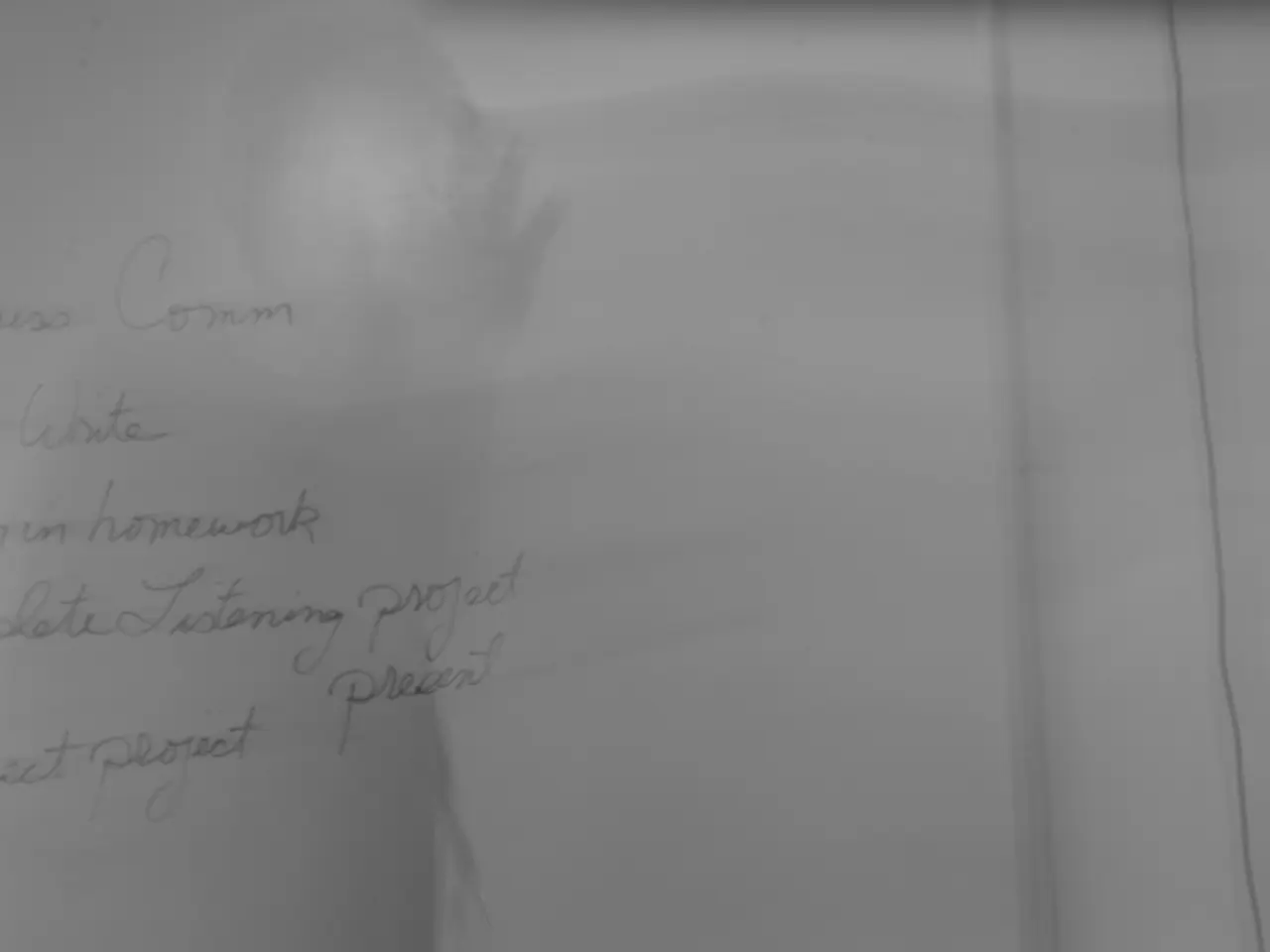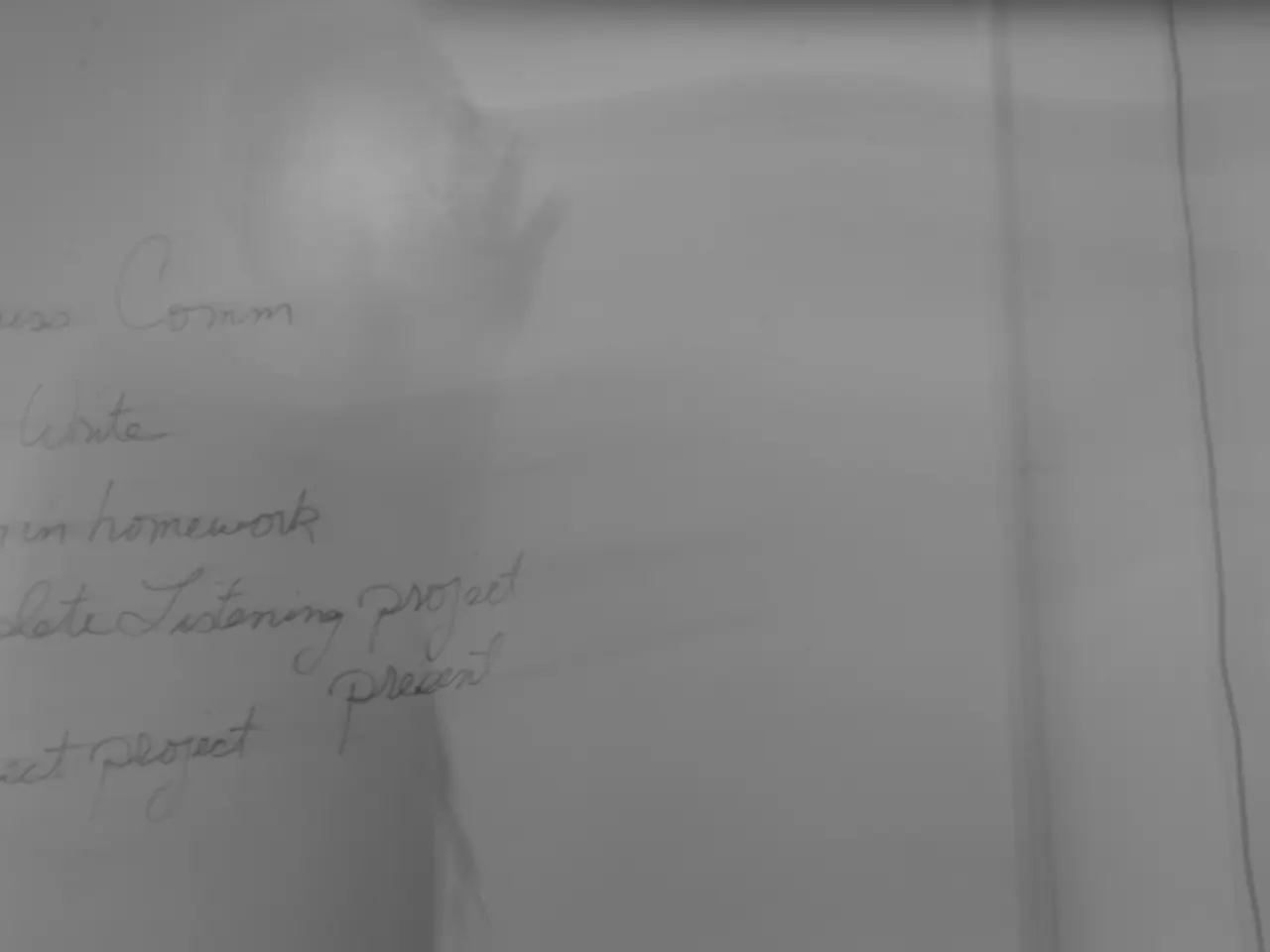Tehran imposes closure on public restrooms amidst ongoing water shortage
In the heart of Iran, the city of Tehran is grappling with a severe water crisis that is causing significant disruptions to daily life. The situation has become so dire that public toilets are being shut down as an emergency measure to conserve water resources.
According to reports, reservoirs across the country are nearly empty, a claim supported by President Massoud Peseschkian who has described the situation as a "natural disaster." The crisis has forced water cuts of up to 48 hours in several Tehran districts and at least 50 other cities.
The closure of public toilets, including those near and inside metro stations, is part of the government's efforts to reduce water consumption. However, this decision has sparked criticism, with some viewing it as a denial of a basic human need.
The Tehran municipality has yet to officially comment on the reports, but eyewitnesses have confirmed the closures. The government is also contemplating other drastic measures such as reducing working days or temporarily closing the capital to conserve both water and electricity.
The water crisis in Iran is so severe that it has led to the closure of public facilities like toilets. The acute shortage has forced the government to urge citizens to consume less water while they struggle to manage the crisis.
The situation in Tehran is worsening daily, with many residents complaining on social media that it's barely possible to live a dignified life under these circumstances. President Peseschkian is considering relocating the capital to prevent potential chaos, and he warns that the situation could worsen in the coming weeks.
Amidst this crisis, the energy and water shortage remains the primary concern for Iranians. Some plans, such as reducing the workweek or temporarily shutting down the capital, have been temporarily shelved due to the negative economic impact, but they remain on the agenda.
[1] Didehban-Iran [2] Shargh [3] President Massoud Peseschkian [4] Iranian Government [5] Tehran Municipality
- Amidst the ongoing water crisis in Iran, various news outlets, like Didehban-Iran and Shargh, are reporting on the severe impact of climate change on the country's water resources, a topic often discussed in the realm of environmental science.
- In response to the crisis, President Massoud Peseschkian has highlighted the need for updated policy and legislation regarding water management and conservation in Iran's politics.
- While the Iranian Government and Tehran Municipality are contemplating drastic measures to conserve water and electricity, the general news is filled with discussions about the potential economic implications of these decisions, with some questioning the necessity and fairness of such actions.






